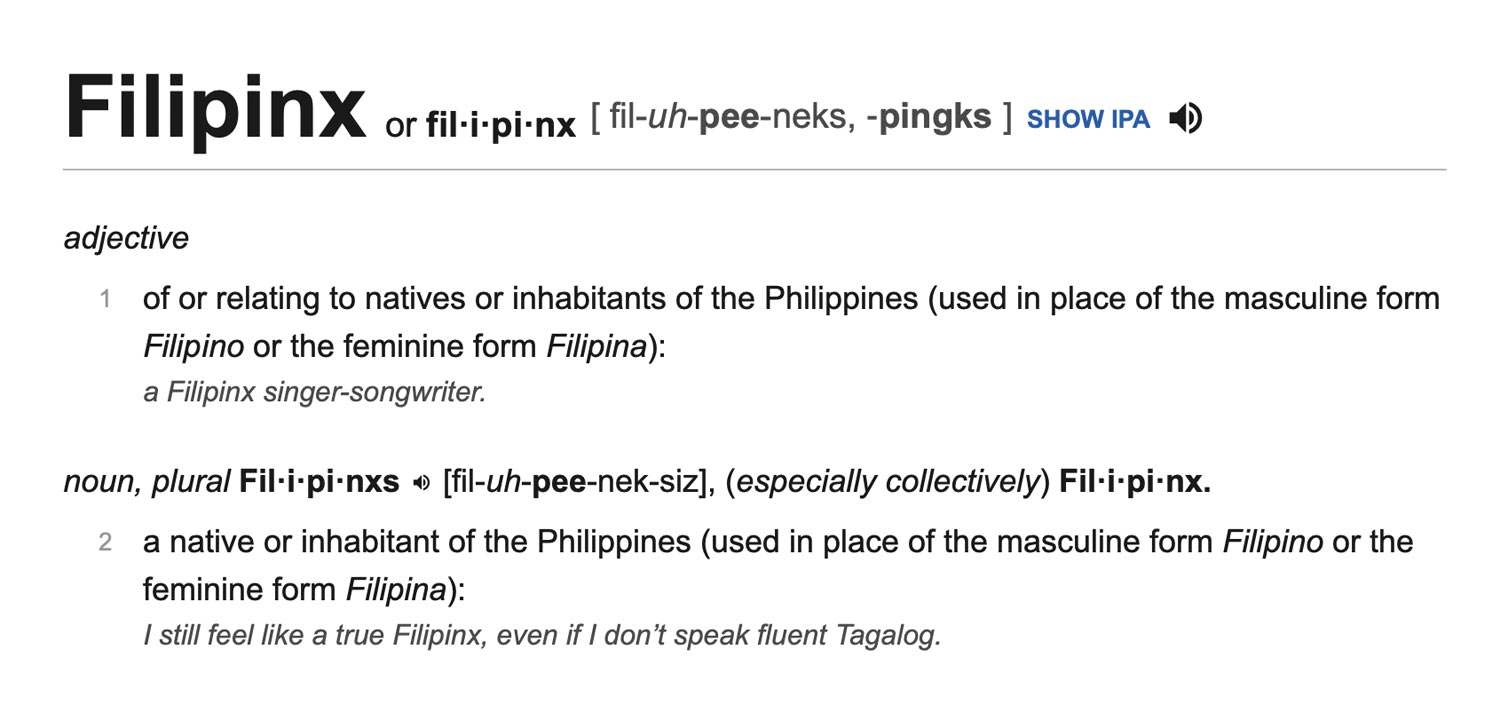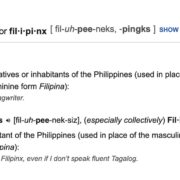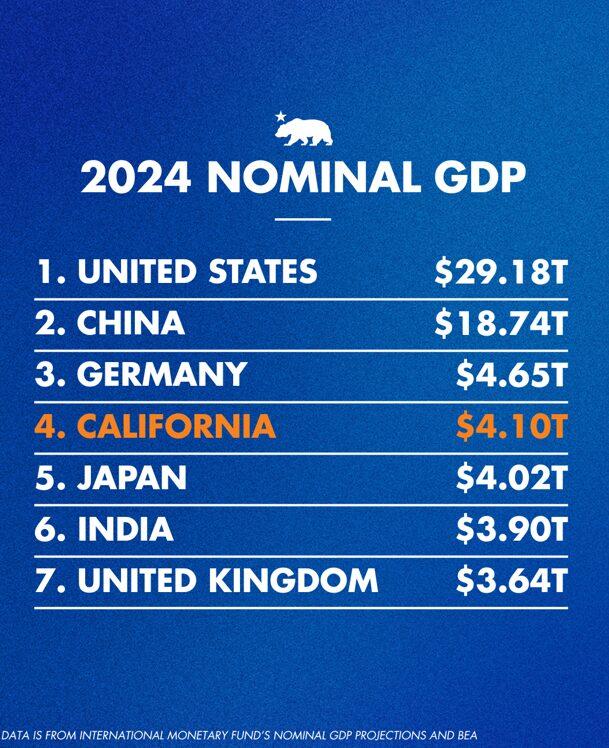 DICTIONARY.com recently announced that it has updated thousands of its entries as well as 650 new terms related to race and ethnic identity.
DICTIONARY.com recently announced that it has updated thousands of its entries as well as 650 new terms related to race and ethnic identity.
Of the new additions, five are related to the Philippines: “Filipina,” “Filipinx,” “Pinay,” “Pinoy,” and “Pinxy.”
“Filipinx,” pronounced filipineks or filipinks, is a gender-neutral noun or adjective that relates to natives or inhabitants of the Philippines. It is used in place of the masculine form Filipino or the feminine form Filipina.
“Pinxy,” pronounced pinksee, is used in place of the masculine form Pinoy or the feminine form Pinay, which are the informal versions of Filipino and Filipina.
Dictionary.com connected the historical usage of “Filipinx” and “Pinxy” to “Latinx,” a gender-neutral term that relates to people of Latin American origin or descent, especially those living in the United States.
According to the online dictionary, Spanish and other Romance languages have “gendered grammar,” classifying males and females by using words that end in -o and -a, respectively.
“The spellings Latinx or Chicanx are particularly embraced by groups that wish to include members whose gender identities are nonbinary,” it said.
“By respecting the gendered grammar of Spanish in our English use of these loanwords, biological sex and binary gender identity are imposed onto English discourse in ways that otherwise would not have occurred,” it added.
John Kelly, a senior editor at Dictionary.com, said that the work of a dictionary is more than just adding new words.
“It’s an ongoing effort to ensure that how we define words reflects changes in language — and life,” he said.
Other changes include the capitalization of Black in reference to people, which many news organizations have adopted, as the United States continues to tackle issues around race; replacing references of homosexual with “gay” and homosexuality with “gay sexual orientation”; and destigmatizing suicide and addiction by recognizing language preferred by mental health professionals, such as “die by suicide” or “end one’s life,” and addict with “person addicted to” or “a habitual user of.”
“Among our many new entries are thousands of deeper, dictionary-wide revisions that touch us on our most personal levels: how we talk about ourselves and our identities, from race to sexual orientation to mental health. Our revisions are putting people, in all their rich humanity, first, and we’re extremely proud of that,” Kelly added. (AJPress)






